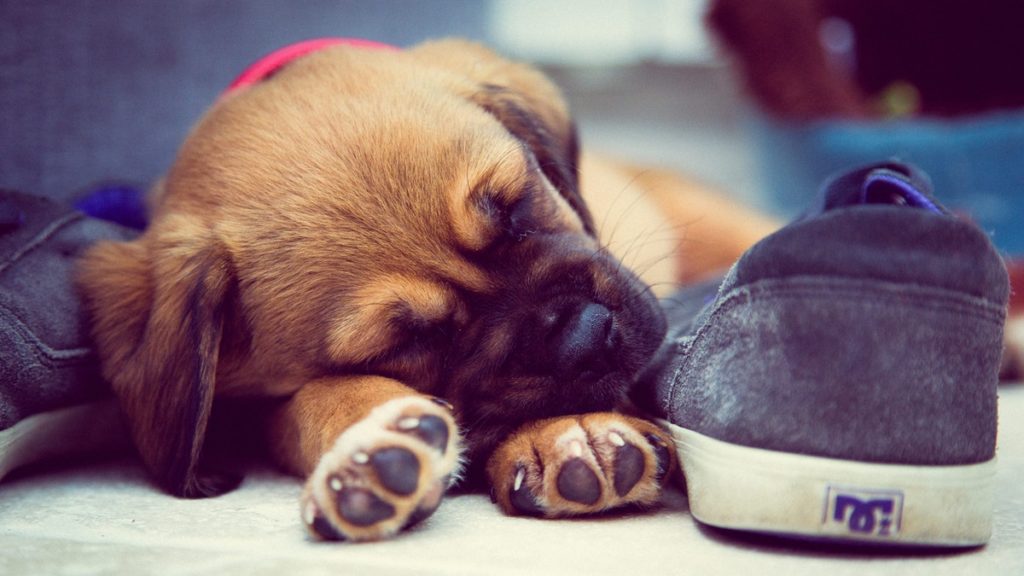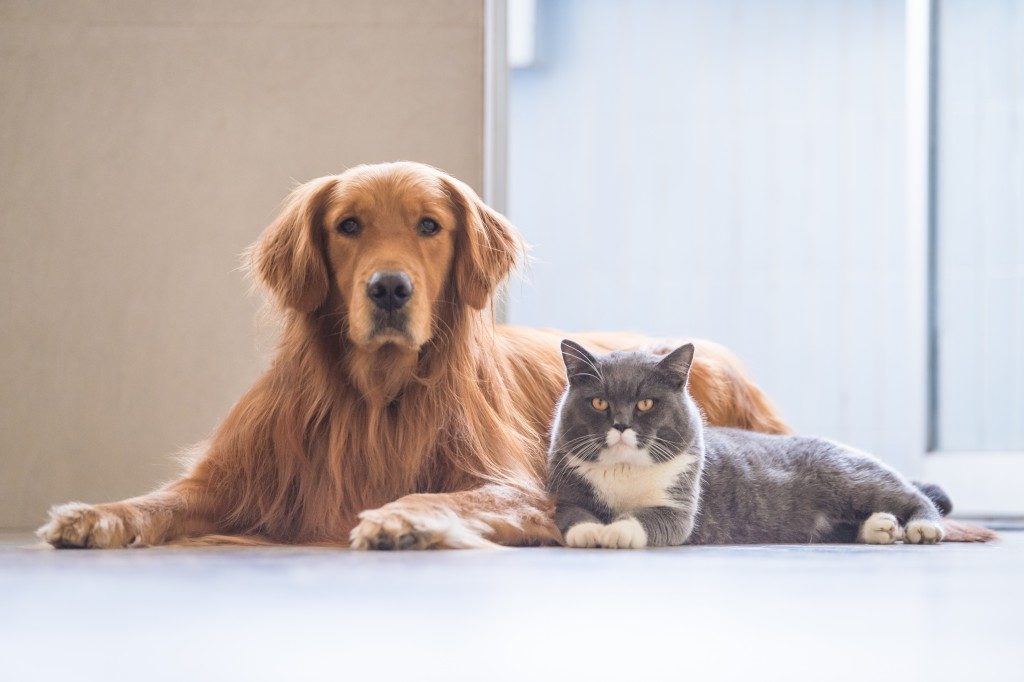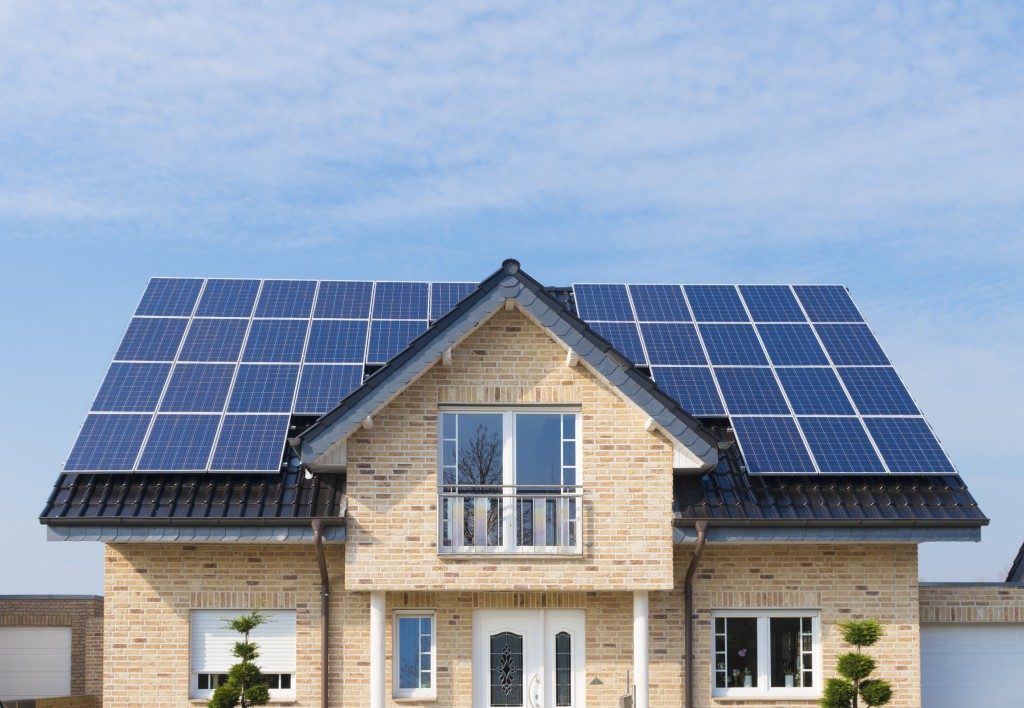Pets are not just animals we domesticate; they are essentially family. Data shows that over $99 billion are spent annually on pets and pet products. This is not surprising since pet ownership in the country has significantly grown over the years.
In 2019, it was reported that around 67 percent of households in the U.S. have at least one pet.
Dogs are predominantly the type of pet owned by Americans, with over 63 million households owning at least one dog in 2019. Cats and freshwater fish ranked second and third place, respectively. As of 2019, around 42.7 million households own a cat, while 11.5 million own freshwater aquatic species.
Pets Are Family
Their cute little paws, wagging tails, perfectly-shaped wet nose, and bright colored fins (in the case of fishes) are just soothing to look at. When we are down, we can cuddle or play with them to relax. And we are always welcome to do that.
Though they can be mischievous at times, our pets love us as much as we love them. And we want to give them all the best there is to offer. We even allow them to have free rein at home. But along with this comes some hazards and risks since our pets interact differently than us in the home environment.
Since we love our pets, we need to ensure they are fully safe and healthy in the confines of our home.
Indoor Safety & Health Pointers
Food
It may seem downright cruel not to give your pet a little treat, especially when they stare at you with a downcast look. After all, who could resist that? But this seemingly harmless intention could cause them to get sick, and worse, die.
Our pets cannot properly digest human food. Most of the food that we eat could cause vomiting, diarrhea, and other problems for your pets. Raisins, chocolates, and avocados could be lethal to your beloved four-legged friend if ingested in large quantities.
Tall Furniture & Cabinets
Same with open appliances, pets love to explore their surroundings and find the best hiding spot. They would climb tall furniture and go inside cabinets they find cozy.
Ensure your pets do not hurt themselves from the fall, especially younger ones. You may consider installing steps or strategically place your furniture pieces to make it easy for them to climb their favorite spot. Also, keep closed cabinets where you store fragile items, like dishes.
Electrical Appliances & Cords
Animals are innately curious. An open fridge, washing machine, or microwave is an invitation for a “new world” to be explored (and destroyed). Cables and electrical cords are inviting to chew at, putting your pets at risk of electrocution.
Ensure the safety of your pets by simply closing doors on appliances, keeping wires off the ground, and even have faulty appliances fixed by a reputable appliance repair center.
Outdoor Safety & Health Pointers

Fence
Even indoor pets need to spend some quality time outside. Nonetheless, your seemingly harmless yard can pose a lot of risk for pets with escapist tendencies.
Apart from the fact that it can be a terrifying experience when your pet goes missing, there are plenty of fast-moving vehicles that could kill your beloved furry family member in an instant. Also, there are sketchy individuals beyond your fence who could steal your pet.
A good solution is to invest in a quality fence to prevent them from getting out. You may also consider putting a microchip GPS on your pets to easily track them if they get lost.
Harmful & Toxic Plants
Perhaps some of your lovely garden plants could poison your pet. Dogs and cats tend to nibble on your greenery while they are enjoying their outside retreat.
Keep them safe by educating yourself as to what type of plants to avoid growing in your yard. You may check out the comprehensive list from the Humane Society.
Gardening Tools
Mindlessly placing your garden tools anywhere could injure or even kill your pets. Before you let them out, ensure that your tools are safely locked in a closed shed. Secure garbage bins and composts as well.
Fertilizers & Pesticides
Even if you use organic and “safe” fertilizers and pesticides, these items could still put your pets in harm’s way. So, before you let your pets loose in the yard, let these substances dry first. Otherwise, your pets might lick them off or get in their eyes.
Not only will these materials cause eye irritation or stomach ache, but they could lead to serious neurological issues.
Other Measures to Ensure Their Health & Safety
When ensuring the health and safety of your pets, try to think of them as a child. You essentially have to “baby-proof” your house when keeping pets. And remember, though it can be tedious to care for their health and safety, it is all worth it in the end.









